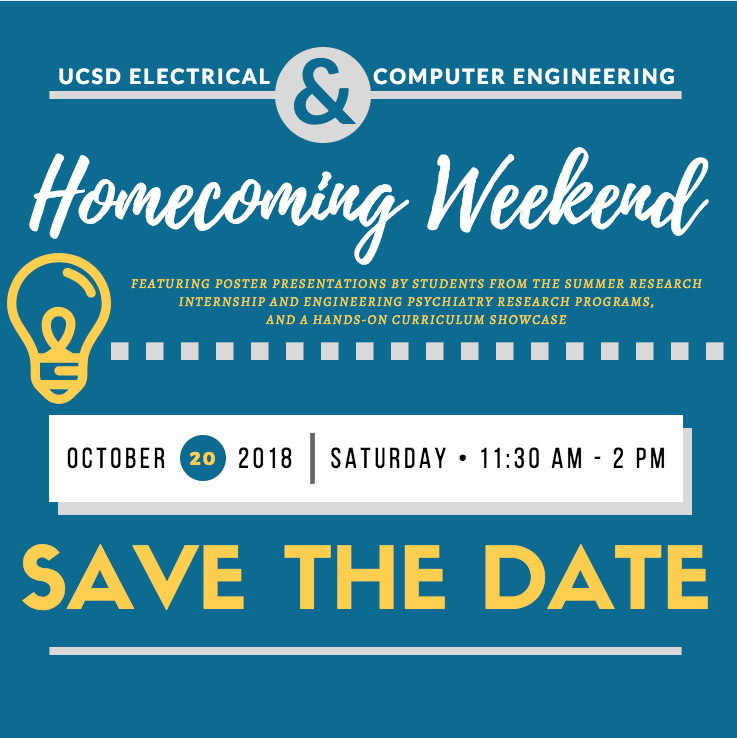News

May 14, 2025
Electrical Engineer Peter Asbeck is Powering 6G
Peter Asbeck is widely recognized as a pioneer in compound semiconductor technology and power amplifiers for wireless systems, both of which are essential to efficient communication in smartphones and base stations alike. He is an electrical engineering professor emeritus and remains active in research at UC San Diego. Full Story

May 5, 2025
Self-assembling Molecules Take the Spotlight at Research Expo 2025
Materials science and engineering Ph.D. student Liya Bi won the grand prize at the 43rd annual Jacobs School of Engineering Research Expo for his work studying how molecules organize themselves into highly ordered patterns on metal surfaces. Full Story

May 5, 2025
A fully automated tool for species tree inference
A team of engineers at the University of California San Diego is making it easier for researchers from a broad range of backgrounds to understand how different species are evolutionarily related, and support the transformative biological and medical applications that rely on these species trees. Full Story

March 17, 2025
Microelectronics Go from Lab to Fab at UC San Diego Qualcomm Institute
Little more than a year after the Microelectronics Commons program kicked off, University of California San Diego researchers have already made significant strides in bringing novel semiconductor technologies from possibility to prototype and beyond. Full Story
Towards a Theory of Information for Dynamical Systems
We are moving towards a massively and diversely connected world populated by a seamless network of intelligent, dynamic distributed systems engaged in a shared interaction with the physical world and each other through unreliable sensors, actuators and noisy communication channels. These systems are extremely delay sensitive, so that coding over long blocks of observed data might not be feasible. Furthermore, information exchanges are geared towards maximizing payoff, rather than towards simply recovering the information sent, as in classical information theory.
Hanh-Phuc Le
ABET Accreditation
The Electrical Engineering Program is accredited by the Engineering Accreditation Commission (EAC) of ABET, www.abet.org.
Program Mission Statement
To educate tomorrow's technology leaders.
FAQ - Non-Degree Students
- I am interested in enrolling in ECE courses. Must I submit an admissions application?
-
You do not need to apply for an ECE degree to enroll in ECE graduate courses. Visit UCSD Extension for further information about the Concurrent Enrollment Program.
FAQ - International Applicants
- Must I send a financial statement with my application?
-
No. International applicants are only required to complete a financial statement once admitted. This form is normally made available to international applicants after acceptance of an offer of admission from UCSD.
Pagination
- Previous page
- Page 18
- Next page










.png)
.png)
.png)
